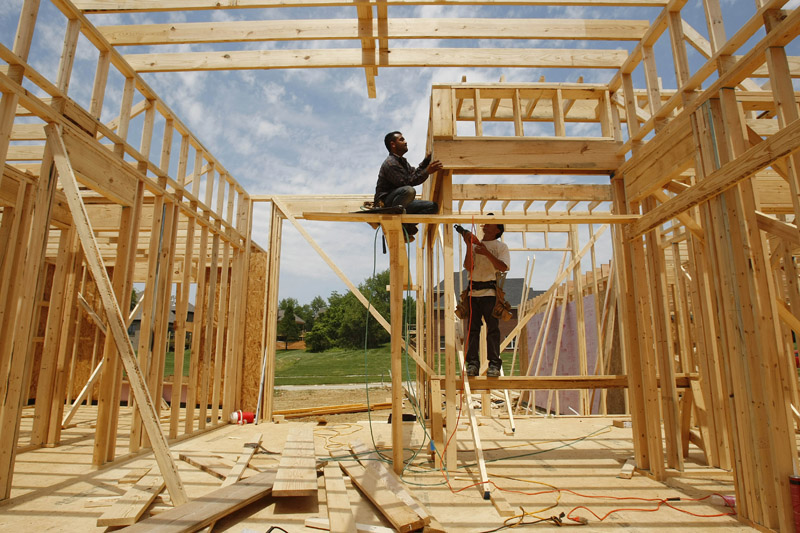For decades new cars have been required to meet fuel efficiency standards. This has been a benefit for the cars’ owners, who spend less on gas than they might have if the standards had not been imposed. It has also reduced tailpipe emissions, creating a general benefit of cleaner air.
The same logic is at work with Maine’s new mandatory statewide energy code for new homes and substantial renovations, which were just adopted and will go into effect in communities with more than 2,000 residents in December.
The new rules, which set minimum standards of R-20 insulation in walls, R-49 in attics and R-30 in floors as well as the sealing of all joints, seams and penetrations such as attic hatches and plumbing holes, have been controversial with some builders.
They argue that the new standards will add to the cost of a new home, and customers will have less money to afford the aesthetic features that they prefer.
“My (customers) would give up energy savings for a hardwood floor or tile floor any day of the week,” said Bill Risbara, co-owner of Risbara Bros., a housing contractor based in Scarborough. Risbara knows his customers, so he’s probably right. But because customers are likely to pick something they can see over something invisible like insulation, is why these regulations are necessary.
Just like the new-car customers, the home buyers would benefit from a more energy efficient home, which would be less expensive to heat, and make them less vulnerable to oil price shocks.
But there is also a general benefit that would come from updating Maine’s aging housing stock with houses that use less energy. In all the discussion surrounding alternative energy, it’s often forgotten that the best resource is conservation. Reducing demand also avoids shipping millions of dollars out of state every year to buy heating oil and reduces air pollution and greenhouse-gas emissions.
It is much less expensive and more effective to build higher insulation values into new homes than to retrofit existing ones.
Maine is one of only 11 states that doesn’t currently have mandatory standards, and it is about time that we adopt them as well.
Send questions/comments to the editors.



Success. Please wait for the page to reload. If the page does not reload within 5 seconds, please refresh the page.
Enter your email and password to access comments.
Hi, to comment on stories you must . This profile is in addition to your subscription and website login.
Already have a commenting profile? .
Invalid username/password.
Please check your email to confirm and complete your registration.
Only subscribers are eligible to post comments. Please subscribe or login first for digital access. Here’s why.
Use the form below to reset your password. When you've submitted your account email, we will send an email with a reset code.